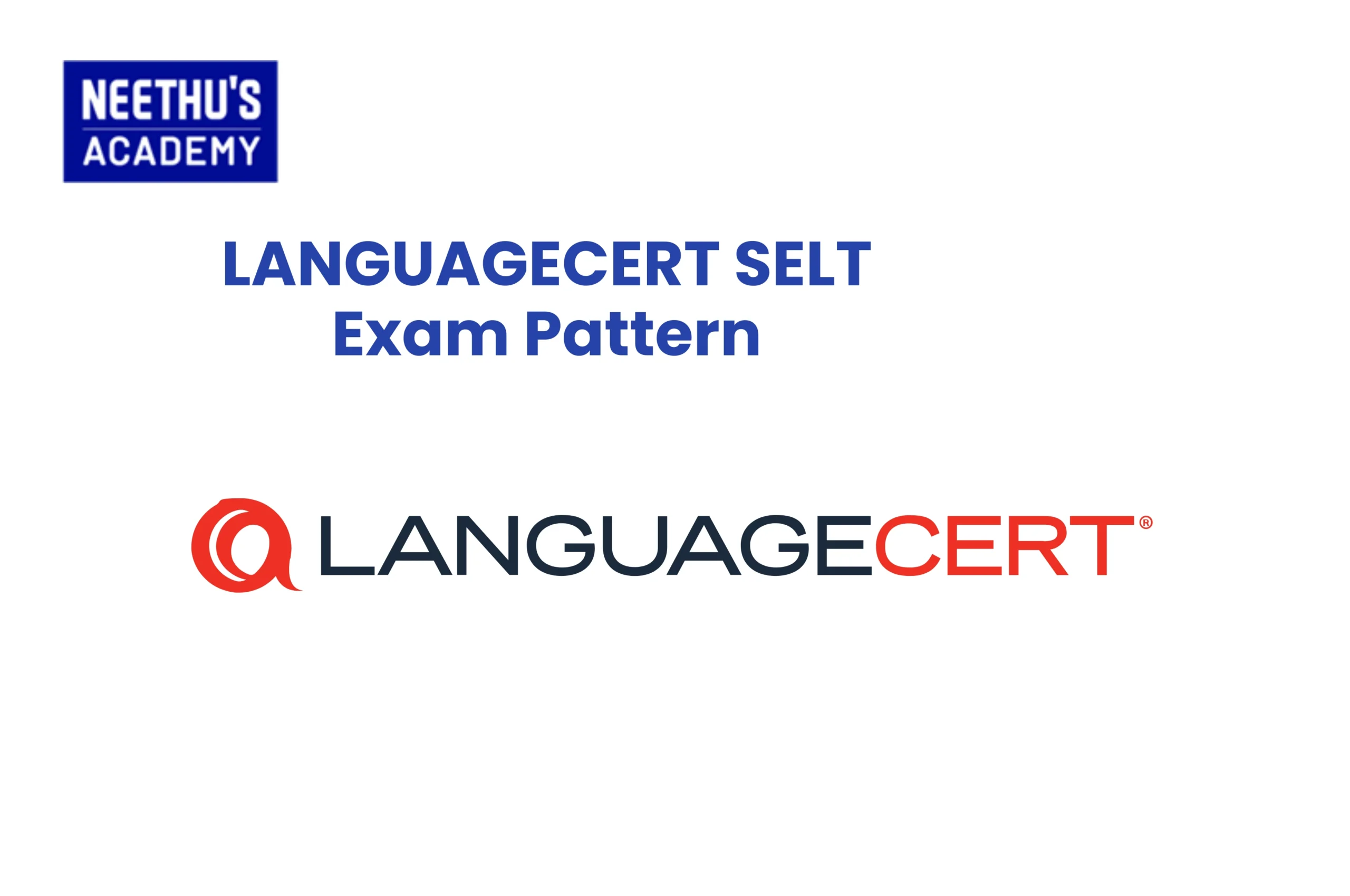The Occupational English Test, otherwise known as OET, is a professional test on language proficiency for healthcare professionals. Becoming great at reading…

Common Myths About OET Exam Every Candidate Should Know
The Occupational English Test (OET) is now one of the most reliable English language tests for healthcare practitioners seeking to work or pursue studies in English-speaking nations. Yet, numerous candidates continue to fall victim to widespread OET exam myths and misconceptions that can significantly impact their study approach.
From thinking it’s simpler than IELTS to thinking all modules are equal, misinformation tends to create unrealistic expectations and inadequate preparation. In this blog, we will break down the most prevalent OET misconceptions and uncover OET facts 2025, so you can face your exam with clarity and confidence.
Myth 1: OET Is Easier Than IELTS
One of the most common OET exam myths is that it’s easier than IELTS just because it’s for healthcare professionals. While OET deals with medical situations and words, that doesn’t necessarily mean the test itself is easier.
The fact is, OET and IELTS test the same language skills — listening, reading, writing, and speaking — but in various settings. OET content is healthcare-oriented, so you require a good understanding of both medical English and general English. To illustrate, writing asks you to produce referral or discharge letters in proper tone and clarity, while speaking attempts to replicate actual consultations with patients.
So, having a familiarity with the subjects of healthcare can be a bonus, but the OET is just as much work and expertise as any other English language test. It’s not less difficult — it’s just more professional-oriented.
Myth 2: All Modules Have the Same Weight
The other prevalent OET misconception is that all modules — listening, reading, writing, and speaking — have equal weights in assessment. However, each module is independently assessed, and various healthcare authorities have prescribed score requirements.
For example, most of the nursing councils in the UK, Ireland, and Australia demand a minimum of 350 (Grade B) in writing and speaking, but can tolerate slightly lower marks in reading or listening. What this implies is that maintaining an equal focus on all four modules without recognizing the individual scoring criteria can amount to an error.
Different skills are being tested in every section:
- Listening tests understanding of consultations, lectures, and workplace communication.
- Reading tests your skill at pulling information out of medical texts.
- Writing tests for accuracy, tone, and clarity of medical letters.
- Speaking tests for communication in professional settings.
Knowing these distinctions helps you prepare strategically and hit the precise score mark your regulatory board demands.
Myth 3: You Can Pass Without Mock Tests
Some think that if they are good at English, they can just sit for the OET without practising through mock tests. This is a serious error.
OET is not merely a measure of language proficiency — it’s a test of contextual performance. Even native speakers will fail if they do not practice under simulation conditions. Mock tests familiarise you with time limits, task formats, and marking criteria, and they expose your weak spots early.
Taking full-length mock tests develops time management and stamina, two crucial factors for consistent performance on all four modules. Additionally, looking at your mock test reports helps you identify repeated mistakes in grammar, tone, or structure, particularly in the writing and speaking areas.
So, if you wish to secure high, include mock tests as a non-negotiable aspect of your preparation strategy. According to OET facts 2025, test-takers who attempt at least 3–5 mock tests before the test have a much greater pass rate than the rest.
Myth 4: Repetition of Topics Is Common
Most candidates expect OET topics to repeat, particularly in writing or speaking sub-tests. Alas, another OET exam myth results in suboptimal preparation.
Although overall themes — such as patient consultations, discharge letters, or referral notes — seem like a repeat, the actual content and scenarios are different every time. OET regularly refreshes the question bank to maintain fairness and avoid memorization-based study.
Depending on your profession (nursing, medicine, pharmacy, etc.), the context of the case notes or role-play cards will differ, testing your ability to adapt language skills to unpredictable situations. The OET doesn’t reward memorization; it rewards clarity, accuracy, and clinical communication.
If you only study past test material, you will be caught out on new material. Instead, learn about OET’s structure, format, and assessment criteria so that you can apply confidently to any topic.
Verified OET Facts 2025
To dispel these myths, here are some verified OET facts 2025 from official OET sources:
- OET is internationally recognized – Valid for registration and migration in nations such as the UK, Ireland, Australia, New Zealand, Singapore, UAE, and Canada for healthcare professionals.
- OET draws on profession-specific material – Specifically designed for 12 healthcare professions: nursing, medicine, dentistry, and pharmacy, among others.
- You are marked on communicative effectiveness – Not your grammar or vocabulary, but how effectively you communicate information in clinical situations.
- No two tests are identical – Each test version is carefully designed to maintain fairness and validity.
- Reassessment options are available – Candidates can request re-marking for specific sub-tests if they believe there was a scoring error.
- Regular updates – The OET format, task types, and guidelines are updated periodically to reflect evolving healthcare communication standards.
Understanding these official OET facts can help you avoid misinformation and prepare smarter.
Conclusion
Believing in OET myths is going to set you back even before you start your preparation. The reality is, OET is a professional, skill-based test that requires linguistic precision and clinical communication skills.
It’s not simpler than IELTS; it’s not the same. Not all modules have equal weightage, and success is not based on memorising or missing out on mock tests. The secret lies in knowing the actual structure, expectations, and official guidelines of the exam.
Tackle the OET with an even-keel mentality — work on building your healthcare English, practising in real-life scenarios, and studying from authentic OET materials. Once you see beyond the myths, you’ll notice that the OET is a reasonable, rewarding test that accurately measures how well you can communicate in the healthcare setting.
Frequently Asked Questions
No, OET is mainly accepted by healthcare boards and employers, whereas IELTS is accepted for general immigration and academic purposes.
Yes, OET now permits candidates to retake individual sub-tests rather than the whole exam, subject to eligibility.
Not necessarily — though OET Nursing employs healthcare scenarios, it still examines overall English proficiency and accuracy of communication.
The OET format and content are updated from time to time in order to conform to contemporary healthcare communication and testing practices.
Related Blogs
- All Posts
- OET
Course Enquiry
Latest Posts
- All Posts
- canada
- CBT
- DELF
- DHA
- French
- GENERAL
- German
- Haad
- IELTS
- IQN NEW ZEALAND
- LANGUAGECERT SELT
- MOH
- NCLEX-RN
- NHRA
- OET
- OSCE
- Pearson Vue
- PROMETRIC
- PTE
- TOEFL
- Back
- NCLEX - NGN
- Back
- OET FOR PHYSIOTHERAPIST
- OET FOR PHARMACIST
- OET FOR DOCTORS



